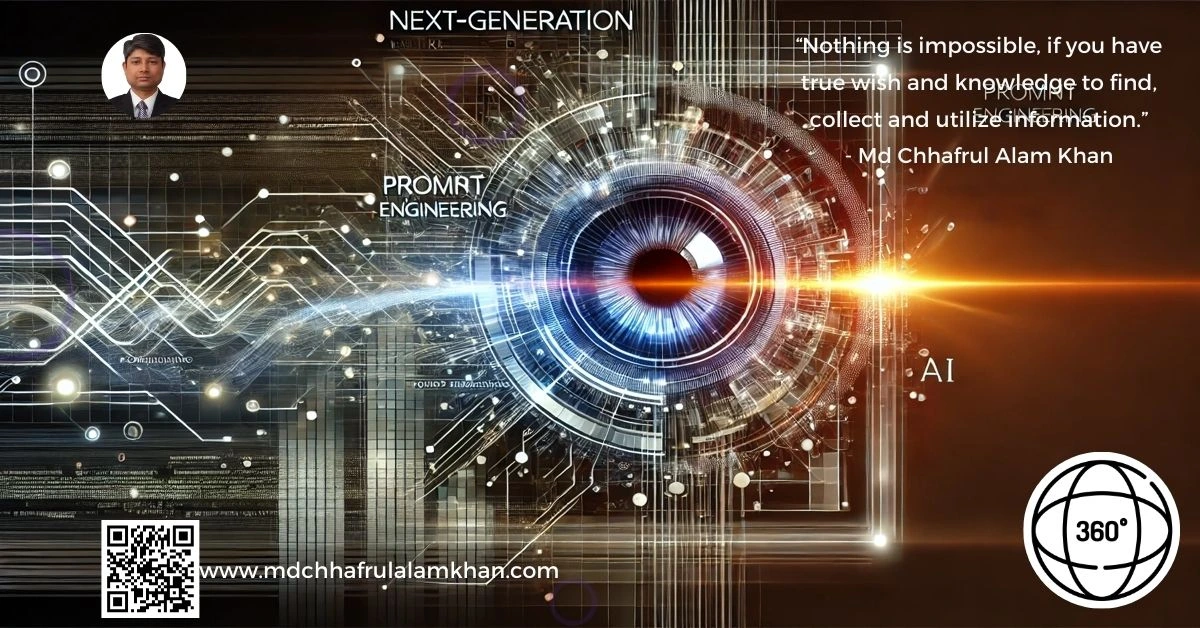Learn everything about becoming a Conversational AI Specialist, including job responsibilities, required skills, career opportunities, and salary expectations.
Table of Contents
- Introduction
- What is a Conversational AI Specialist?
- Roles and Responsibilities
- Required Skills and Qualifications
- Educational Background and Certifications
- Tools and Technologies Used
- Industry Applications and Career Opportunities
- Challenges and Future Trends
- How to Become a Conversational AI Specialist?
- Salary Expectations and Job Outlook
- Frequently Asked Questions (FAQs)
Introduction
Conversational AI is transforming how businesses interact with customers, and Conversational AI Specialists are at the forefront of this revolution. As companies integrate AI-driven chatbots, voice assistants, and virtual agents, the demand for professionals skilled in designing, developing, and optimizing these systems is rapidly increasing.
This guide provides a detailed breakdown of a Conversational AI Specialist’s job description, responsibilities, required skills, career prospects, and more.
What is a Conversational AI Specialist?
A Conversational AI Specialist is a professional responsible for designing, developing, and optimizing AI-powered conversational interfaces, such as chatbots and voice assistants. They use natural language processing (NLP), machine learning (ML), and artificial intelligence (AI) to create seamless and human-like user experiences.
Roles and Responsibilities
1. Design and Development
- Create AI-driven chatbots and voice assistants.
- Develop conversational flows and user journeys.
- Integrate NLP and ML algorithms to improve interaction quality.
2. Natural Language Processing (NLP) Implementation
- Train AI models to understand and process user inputs.
- Optimize entity recognition and intent classification.
3. Testing and Optimization
- Conduct A/B testing to improve chatbot efficiency.
- Analyze user interactions to refine conversational design.
4. Integration with Business Systems
- Connect chatbots with CRM, ERP, and customer support systems.
- Ensure seamless omnichannel communication.
5. Monitoring and Maintenance
- Track chatbot performance using analytics tools.
- Regularly update models to improve response accuracy.
Required Skills and Qualifications
Technical Skills
- Proficiency in programming languages: Python, JavaScript, R.
- Experience with NLP frameworks: spaCy, NLTK, BERT, GPT-based models.
- Knowledge of chatbot development platforms: Dialogflow, Rasa, Microsoft Bot Framework.
- Familiarity with cloud services: AWS, Google Cloud, Azure.
- API integration expertise.
Soft Skills
- Strong problem-solving ability.
- Communication and collaboration skills.
- UX/UI design understanding for conversational interfaces.
Educational Background and Certifications
- Bachelor’s Degree: Computer Science, Data Science, AI, or related fields.
- Certifications:
- IBM AI Engineering Professional Certificate
- Google Cloud AI Engineer Certification
- Microsoft AI-900: Azure AI Fundamentals
- Coursera’s Deep Learning Specialization
Tools and Technologies Used
- Programming Languages: Python, JavaScript, C++
- AI & NLP Frameworks: TensorFlow, PyTorch, spaCy, NLTK
- Chatbot Development Platforms: Dialogflow, Rasa, IBM Watson Assistant
- Cloud Services: AWS Lex, Google Dialogflow, Azure Bot Services
- Analytics Tools: Google Analytics, Botpress, Chatbase
Industry Applications and Career Opportunities
Industries Hiring Conversational AI Specialists
- Customer Support: AI-powered chatbots handling customer inquiries.
- Healthcare: Virtual assistants providing health information.
- E-commerce: AI-driven shopping assistants and recommendations.
- Banking & Finance: Fraud detection, AI-driven customer service.
Job Roles
- Conversational AI Engineer
- NLP Engineer
- AI Chatbot Developer
- AI Product Manager
Challenges and Future Trends
Challenges
- Handling ambiguous and complex user queries.
- Ensuring security and data privacy compliance.
- Maintaining human-like interactions and context awareness.
Future Trends
- Multimodal AI interactions (text, voice, video).
- Emotion AI for enhanced user experience.
- Integration with IoT and smart devices.
How to Become a Conversational AI Specialist?
- Earn a Degree: Obtain a relevant bachelor’s degree.
- Gain Experience: Work on AI projects and internships.
- Learn Key Technologies: Master NLP, ML, and chatbot platforms.
- Get Certified: Pursue AI-related certifications.
- Build a Portfolio: Showcase chatbot projects on GitHub.
- Apply for Jobs: Search for AI roles in leading tech companies.
Salary Expectations and Job Outlook
- Entry-Level: $60,000 – $80,000 per year.
- Mid-Level: $80,000 – $120,000 per year.
- Senior-Level: $120,000 – $180,000+ per year.
- Freelance/Consulting: $50 – $200 per hour.
The job outlook is highly promising, with demand expected to rise as AI adoption grows globally.
Frequently Asked Questions (FAQs)
1. What does a Conversational AI Specialist do?
A Conversational AI Specialist develops and optimizes AI-driven chatbots and voice assistants to improve automated communication.
2. What skills are required to become a Conversational AI Specialist?
Key skills include NLP, programming (Python, JavaScript), AI model training, chatbot development, and cloud services.
3. Do I need a degree to become a Conversational AI Specialist?
While a degree in AI, Computer Science, or Data Science is beneficial, strong technical skills and certifications can also help.
4. What industries hire Conversational AI Specialists?
Industries such as healthcare, finance, e-commerce, and customer service employ Conversational AI professionals.
5. What is the career growth potential in this field?
With AI advancements, Conversational AI Specialists can progress to roles like AI Architect, AI Product Manager, and Director of AI Strategy.
